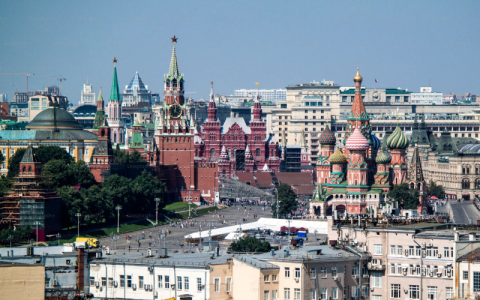The Country That Has 11 Time Zones
It begins with tundra and forests. Then come the rivers, the plains, the old stone cities, the frozen coastlines, and the faraway mountains touched by the Pacific. This place stretches so wide, so quietly, that the sun rises and sets in it eleven different ways.
That place is Russia.
From Kaliningrad on the Baltic Sea (UTC+2), to Moscow and Saint Petersburg (UTC+3), across the Ural Mountains to Yekaterinburg (UTC+5), and deep into Siberia with cities like Novosibirsk (UTC+7) and Irkutsk (UTC+8). Travel even farther east and you'll reach Yakutsk (UTC+9), Magadan (UTC+11), and finally Petropavlovsk-Kamchatsky (UTC+12)—where the Russian day ends just before the International Date Line begins.
Russia stretches roughly 9,000 kilometers (5,600 miles) from west to east. Because of this enormous span, sunrise and sunset can vary by more than eight hours across the country. At 8 am in Moscow, Kaliningrad is still in the dark of early morning, while in Kamchatka, the stars are already starting to return for the night.
This incredible spread affects daily life in surprising ways. Trains like the Trans-Siberian Railway still operate on Moscow time, even while crossing multiple local zones. Broadcasters decide whether to delay or rebroadcast shows to suit eastern viewers. Businesses, schools, and governments must juggle time coordination across regions that are a world apart.
But people adapt. Life follows the rhythm of each place. Schools open with the sunrise. Dinner is served when it’s time to eat. Cities wake and rest on their schedule, stitched together by geography, but separated by time.
In Russia, time isn’t just a number on a clock. Here, a single moment can be morning, noon, and night, all at once.
Have you ever been somewhere that made you feel time differently? Share your favorite moment of temporal wonder below.
Last edited:







